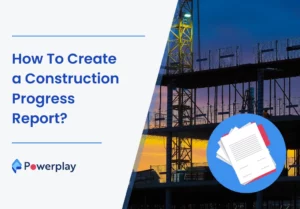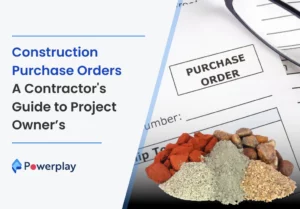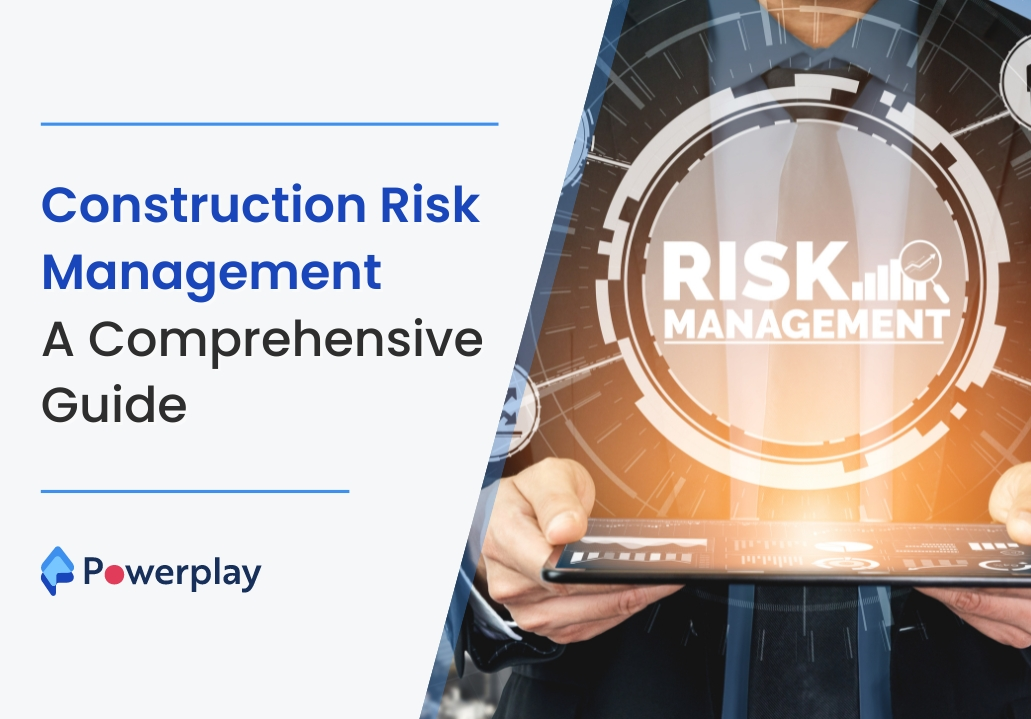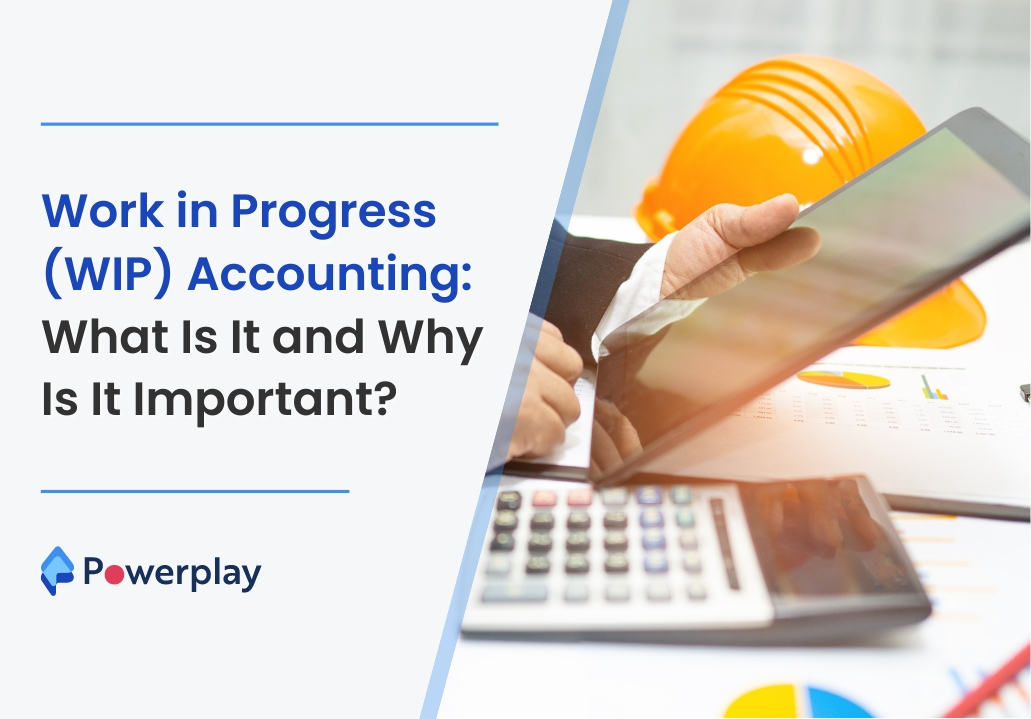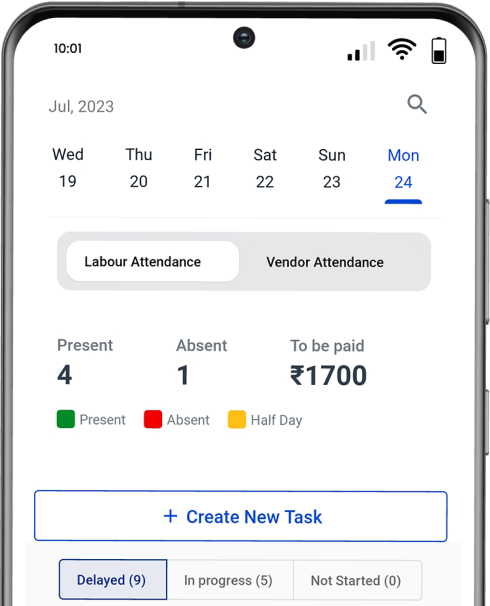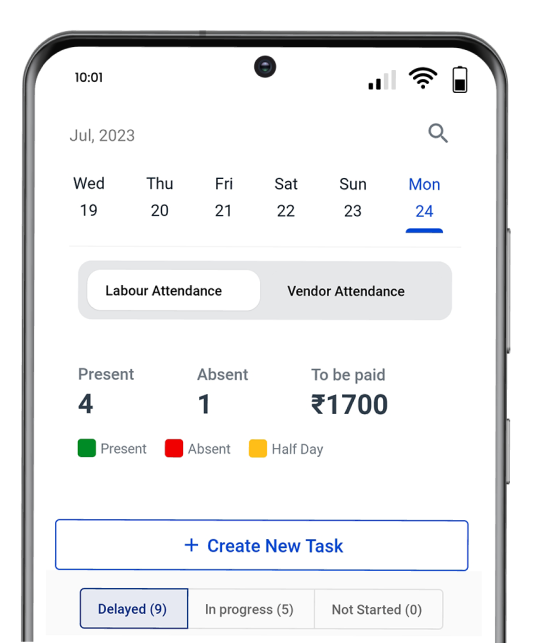Construction Management vs. Project Management
-
Sapna
- May 6, 2024
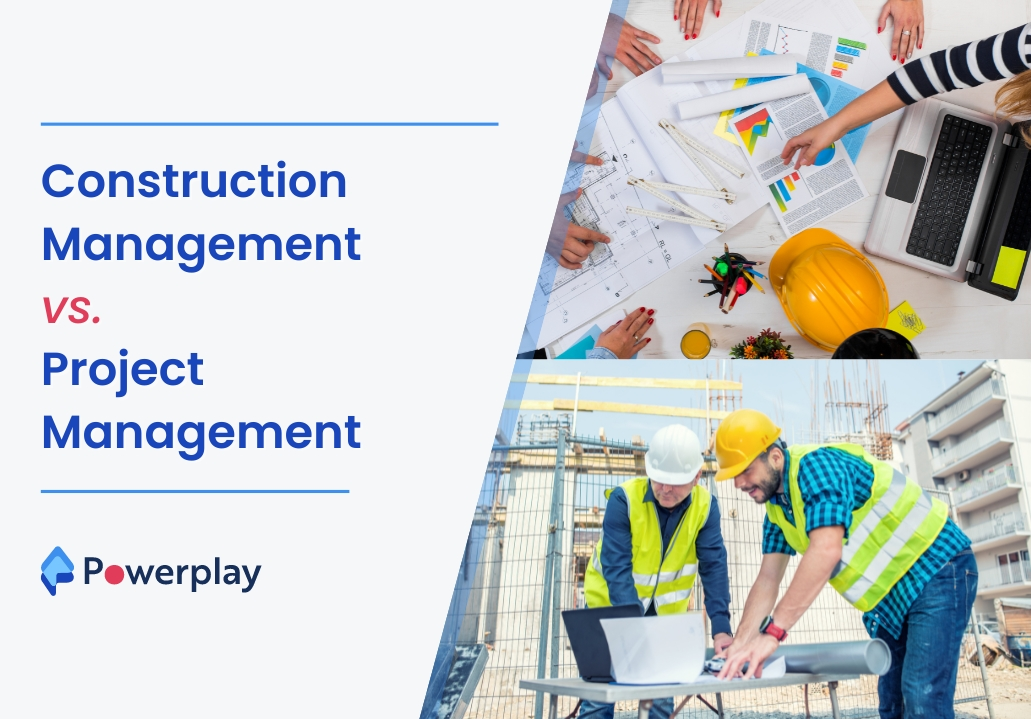
Construction managers and project managers play vital roles in the realm of building and development, guiding projects from the blueprint stage right through to completion. Whether it’s constructing residential homes, commercial buildings, or public infrastructure like bridges and roads, these professionals, including a construction manager and a project manager, manage the complexities of the construction lifecycle.
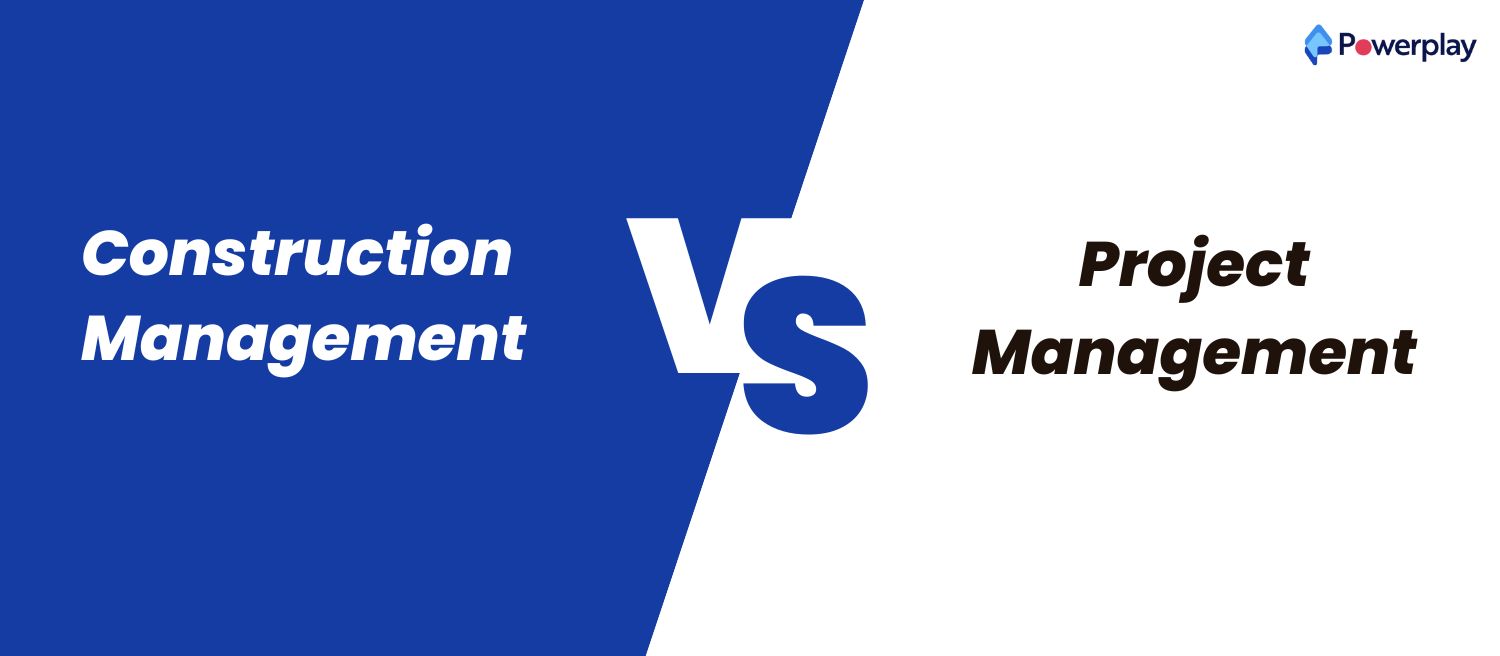
Understanding the distinctions between these roles can clarify if you’re considering a career in either. In this blog, we’ll explore the roles of construction and project managers, highlighting the key differences between construction management vs project management to help you determine which career path might best fit you.
Table of Contents
ToggleWhat is construction management?
Construction management involves overseeing the various aspects of construction projects from beginning to end, including the planning, coordination, and execution of every activity that is related to the construction process. The primary aim is to deliver a project that meets the client’s requirements within the set budget and timeline while maintaining high standards of quality and safety. Effective construction management ensures efficient use of materials, prevents construction errors, and prevents site destruction, all of which contribute to keeping the overall success of a construction project cost in check.
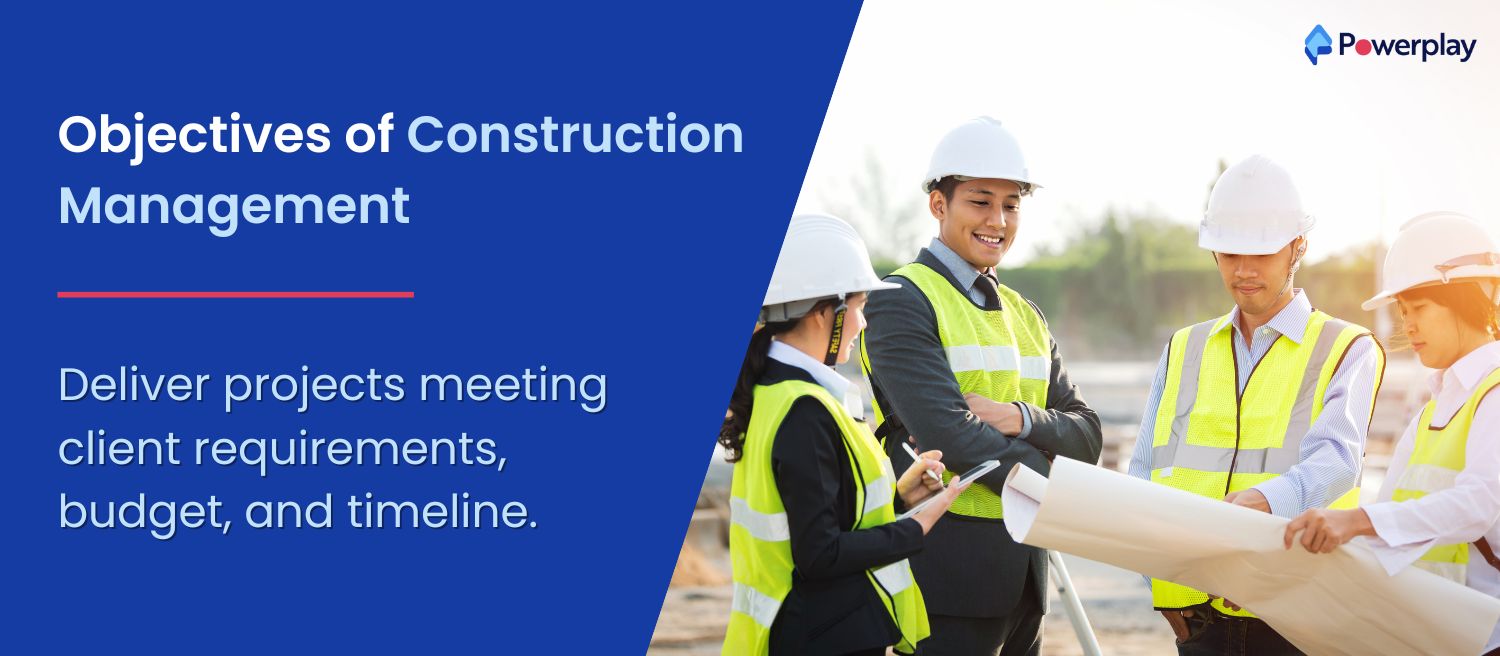
In simpler terms, construction management focuses on supervising every facet of the construction process. Construction managers are responsible for organising and managing budgets, adhering to timelines, overseeing site safety, and ensuring tasks are finished according to the project specifications. They interact with diverse people, including contractors, builders, architects, vendors, and clients, to ensure that projects are done safely, on time, and within budget.
Construction management covers specialised constructions like barns, infrastructural components like water supply systems, and residential projects like homes, apartments, and low-rise housing.
Examples of Construction Management:
- Ensuring adherence to project specifications by coordinating daily with architects and engineers.
- Managing procurement of materials to avoid shortages and delays.
- Conduct regular safety compliance checks to prevent workplace accidents.
What is Project Management?
Project management is the combination of skills, awareness, software, and techniques to meet project requirements and achieve desired outcomes within a set timeframe, where a project manager is needed for overall management and coordination of the project. It’s about leading a team to reach specific goals and success criteria at a specified time. The process involves project planning, documentation, monitoring, and communication to deliver work efficiently under time, scope, and budget constraints.
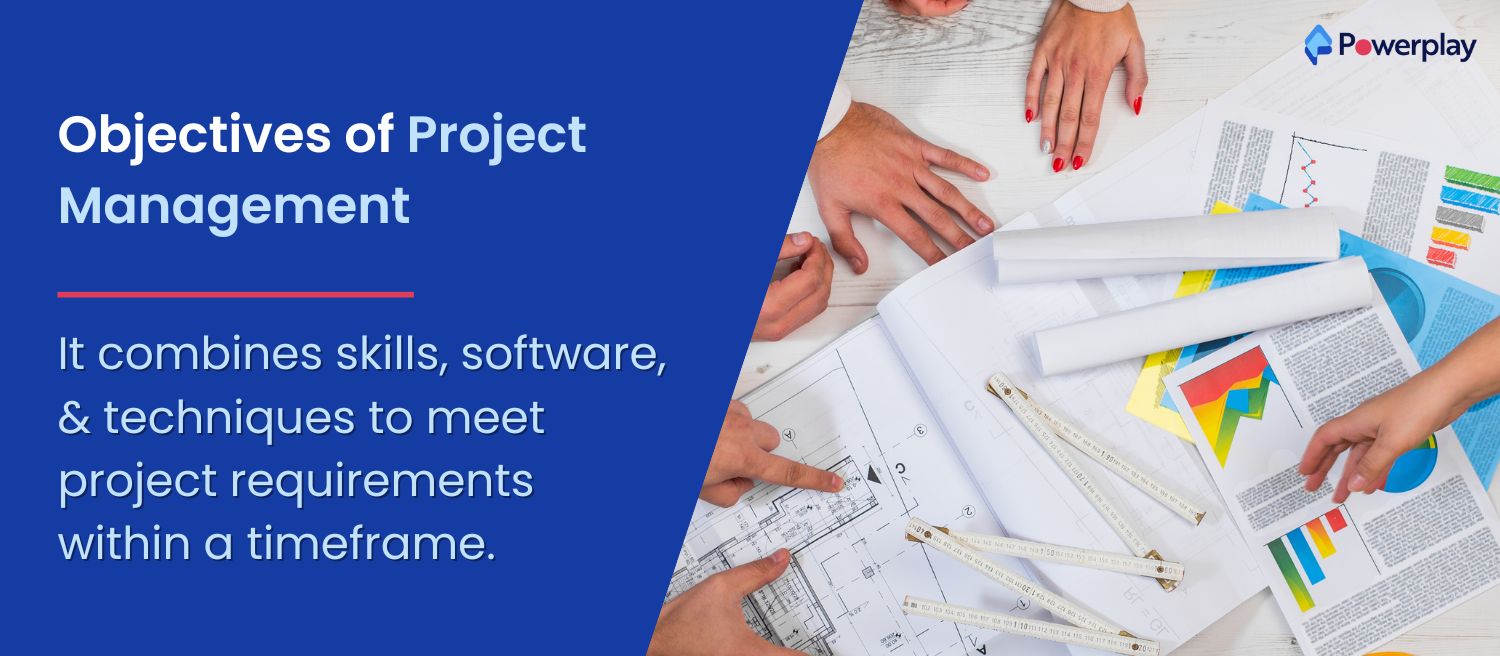
A project manager needs to oversee the entire project, ensuring it is delivered within the expected budget and on time. The manager must also work closely with contractors, designers, and engineers, set deadlines, attend meetings, track the project budget, and provide updates and reports.
Project management is crucial in organising all the company’s assets to move a specific task, event, or duty towards completion. It may be a one-time or continuous project and managed resources include personnel, finances, technology, and intellectual property.
Traditionally linked with engineering and construction, project management is increasingly prevalent in healthcare and information technology (IT). These industries are known for their complex components, which must be completed and assembled precisely to create a functioning product.
Examples of Project Management:
- Assigning tasks depending on team members’ strengths and project needs.
- Monitoring project progress through key performance indicators to ensure goals are being met.
- Project evaluation techniques like PERT estimate project duration and critical paths.
Difference between Construction Management .vs Project Management
Both construction management and project management share the goal of completing projects, but they differ significantly in their specific functions, focus areas, and methodologies, especially when considering the roles of project managers and construction managers. These professionals oversee construction projects with distinct responsibilities; project managers focus on the project’s overall planning, coordination, and execution, ensuring it meets budget and time expectations, while construction managers specialise in the day-to-day management of the construction site, emphasising the practical aspects of construction work.
The construction manager operates within a work environment that demands strong organisational skills and a deep understanding of the construction process, requiring abilities in team leadership, effective communication with clients, and meticulous project planning and execution.
Contrastingly, the project manager, wielding administrative authority, oversees the entire project from start to completion, prioritising high organisational skills and extensive working experience to complete projects within the allocated budget and timeframe, highlighting the broader administrative and strategic role compared to the more site-focused role of the construction manager.
Skills
Construction management needs a deep understanding of construction practices, regulatory compliance, and safety procedures. Skills in construction-specific technologies, cost estimation, and on-site problem-solving are crucial. Conversely, project management spans various industries and emphasises broader skills such as strategic planning, risk management, and proficiency in project management software. Both roles need strong leadership and communication skills, but the technical skills vary significantly.
Responsibilities
Construction managers are primarily focused on the physical building processes. They manage workers, materials, and equipment, ensure compliance with building codes, and handle the day-to-day operational challenges of construction sites. Project managers have a broader role, including initiating, planning, executing, and closing projects. They manage the project’s scope, resources, and stakeholders, ensuring it meets predefined objectives and deliverables.
Salaries
Salaries in both fields vary based on experience, location, and the scale of projects. Generally, construction managers might earn slightly more due to the job’s technical nature and physical demands. Project managers’ salaries can also be competitive, especially in industries like IT and consulting, where project outcomes can significantly impact a company’s bottom line.
Scope of Work and Duration
Construction managers’ scope of work is typically limits to construction sites and direct construction activities. Their projects have a clear endpoint once the building completion is over. Project managers may oversee various projects, from software development to marketing campaigns, which can vary significantly in duration and complexity, often without a clear physical endpoint.
Requirements
Construction management usually requires a degree in construction management, civil engineering, or any related field, along with appropriate certifications. Project management professionals often have a background in business management or a specific industry sector, supported by certifications like PMP (Project Management Professional), recognised across various industries.
Work Environment
Construction managers spend most of their time on construction sites, dealing with physical elements and on-site teams. The environment is often has fast-pace and affects by weather conditions and on-site risks. Project managers usually work in an office or remotely, dealing with team members via digital tools, and might travel for business meetings or to check on project progress across multiple sites or offices.
Project Timeline
Construction management focuses on adhering strictly to project timelines due to the high costs associated with delays. Every day counts. While timelines are also critical in broader project management, there may be more flexibility to adjust them based on evolving project scopes or unexpected market conditions.
Collaboration
In construction management, collaboration is mainly with tradespeople, contractors, and suppliers. It’s about coordinating physical tasks to build structures effectively. In general project management, collaboration extends to cross-functional teams, including IT, marketing, finance, and other departments, necessitating a broader understanding of how different business functions interact.
Authority Levels
Construction managers often hold significant authority on-site, directly influencing daily labour activities, safety practices, and resource use. Project managers, while also authoritative, typically work through a chain of command and must navigate corporate structures and stakeholder expectations, which might dilute their direct authority over specific areas but broaden their influence across the organisation.
Choosing between Construction Management .vs Project Management
Choosing between construction management and project management ultimately depends on your interests and skills in handling specific projects and environments. Construction management is ideal for those passionate about the building process and onsite management. While project management suits those who prefer overseeing various projects beyond just construction.
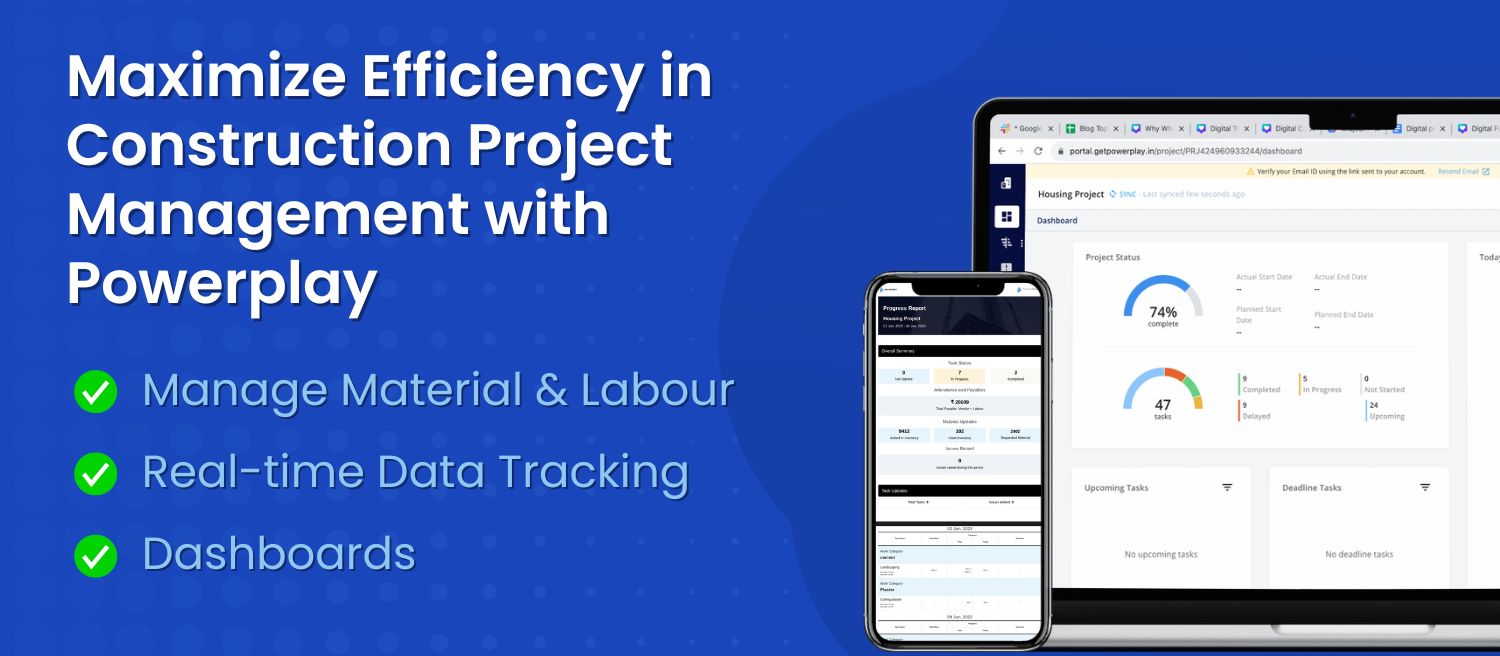
Powerplay offers set of features for construction project management, including seamless task tracking, real-time collaboration, budget monitoring, and resource allocation. Its intuitive interface simplifies scheduling, facilitates communication among team members, and provides insightful analytics for informed decision-making. With Powerplay, you can efficiently manage timelines, mitigate risks, and optimise project performance, ensuring timely delivery and client satisfaction. Experience enhanced coordination and clarity in your construction projects by requesting a free demo or downloading the app today.
